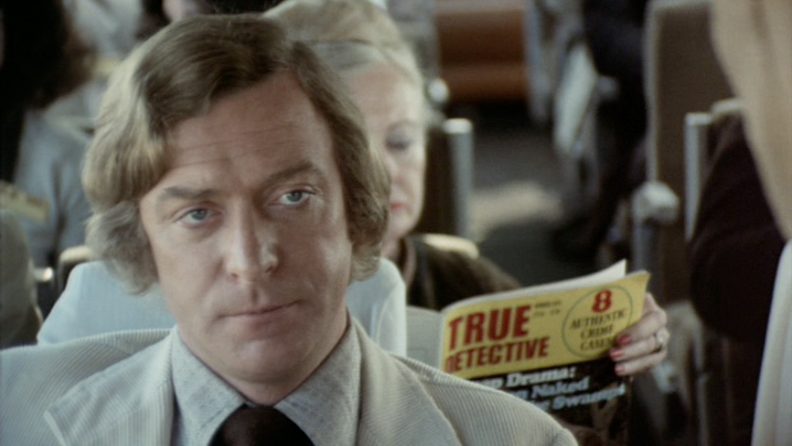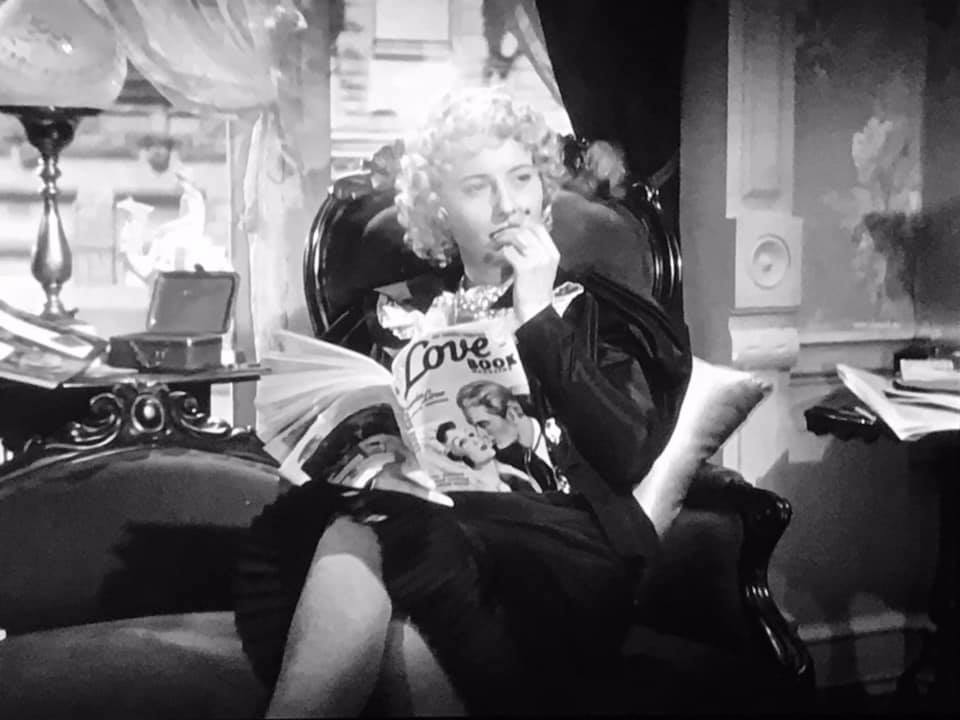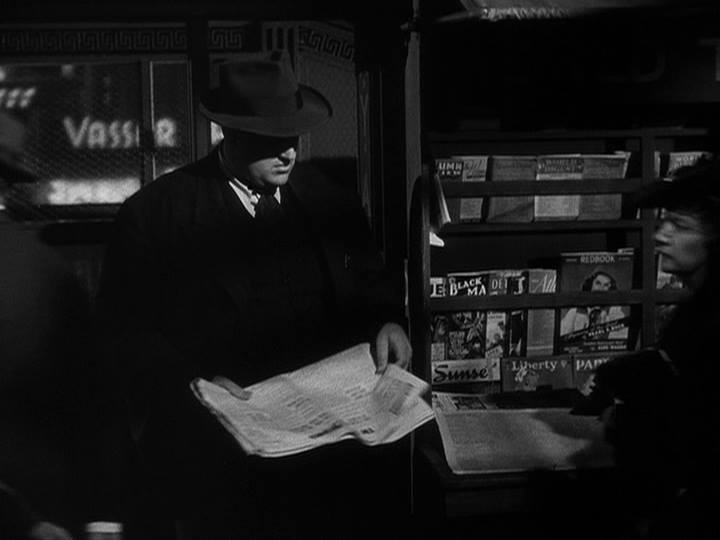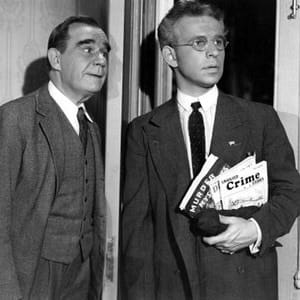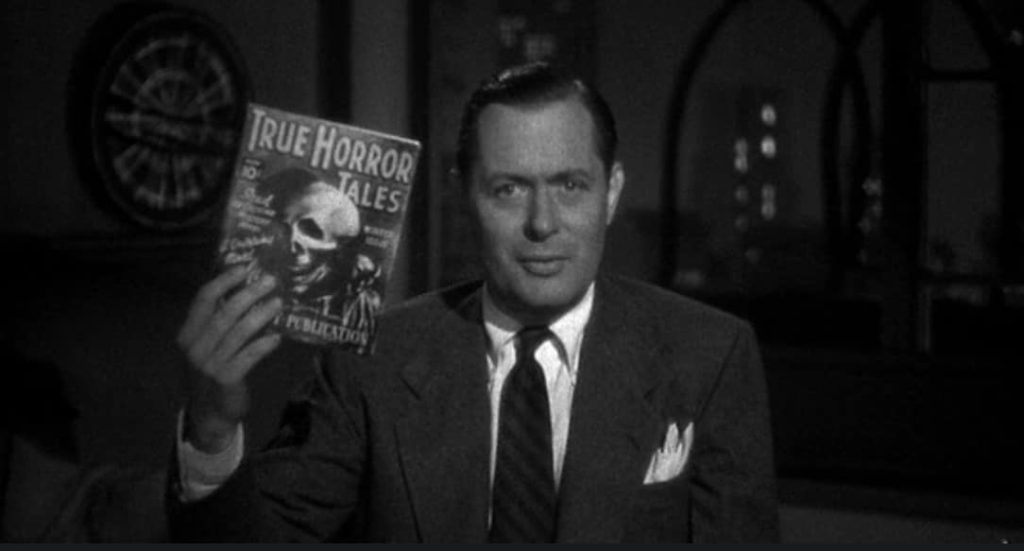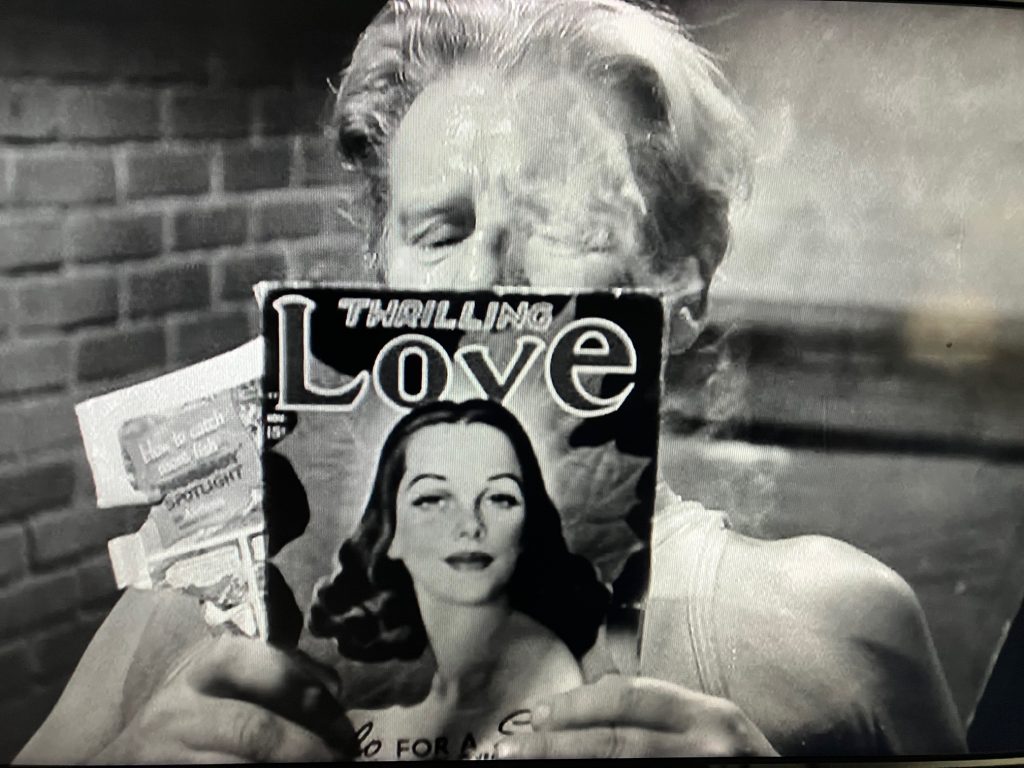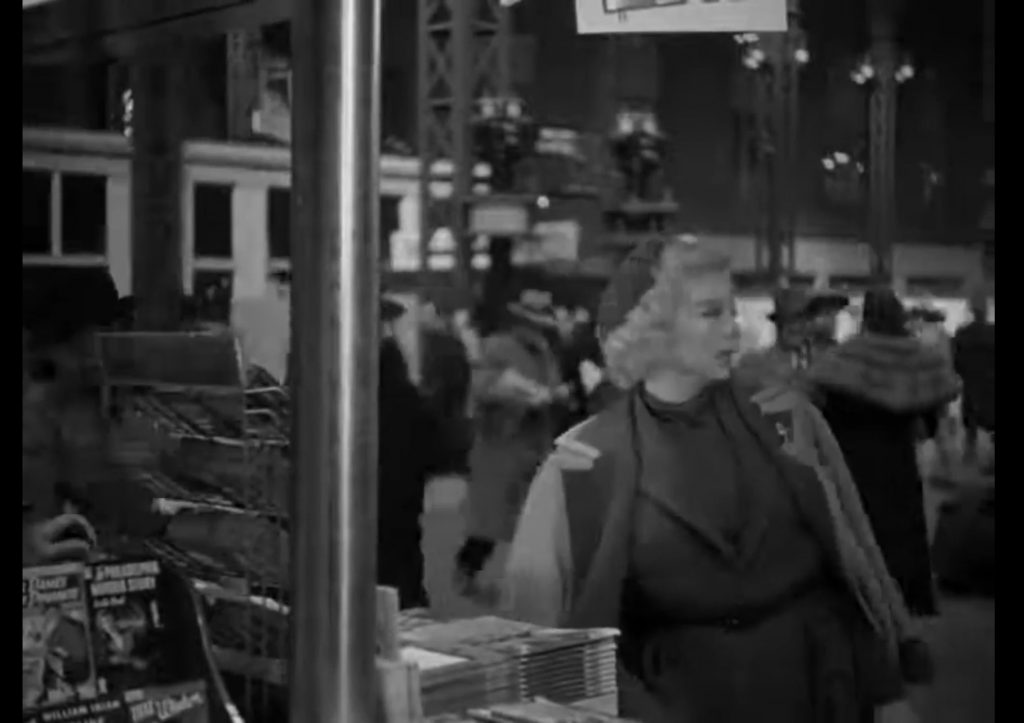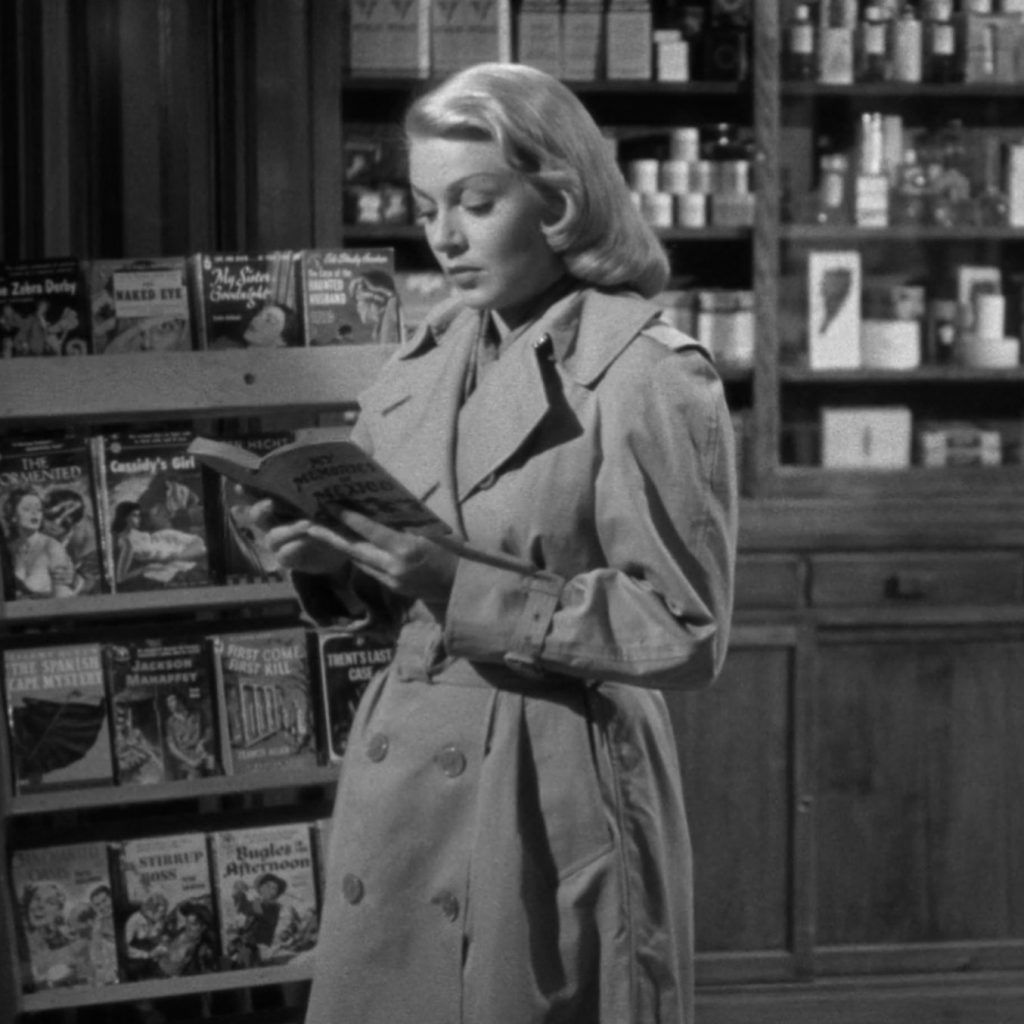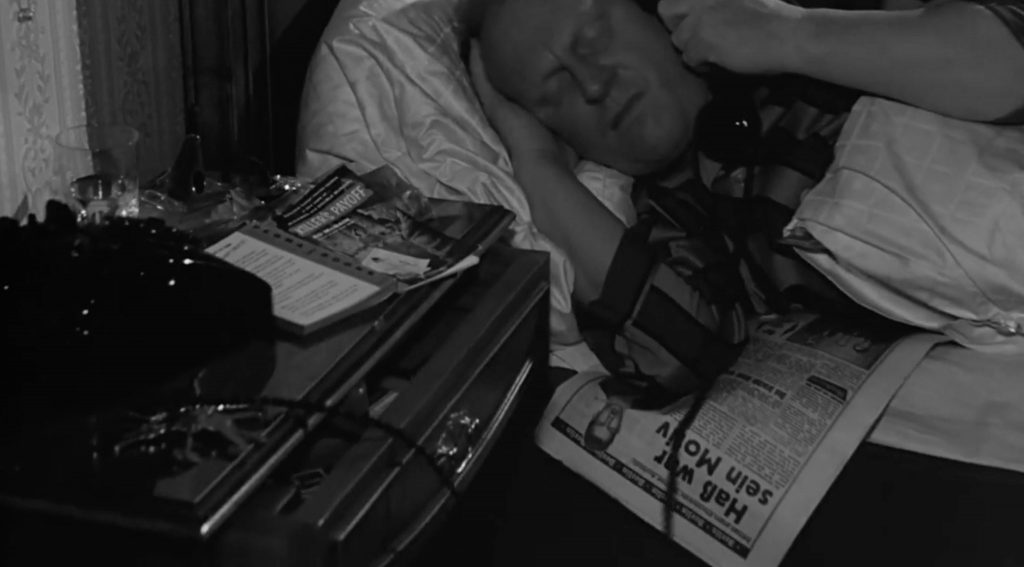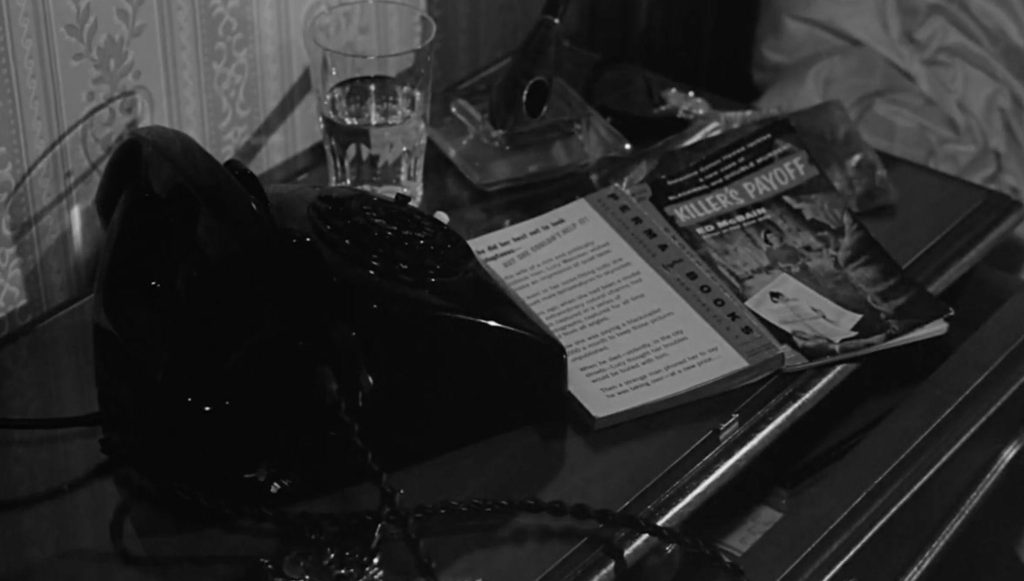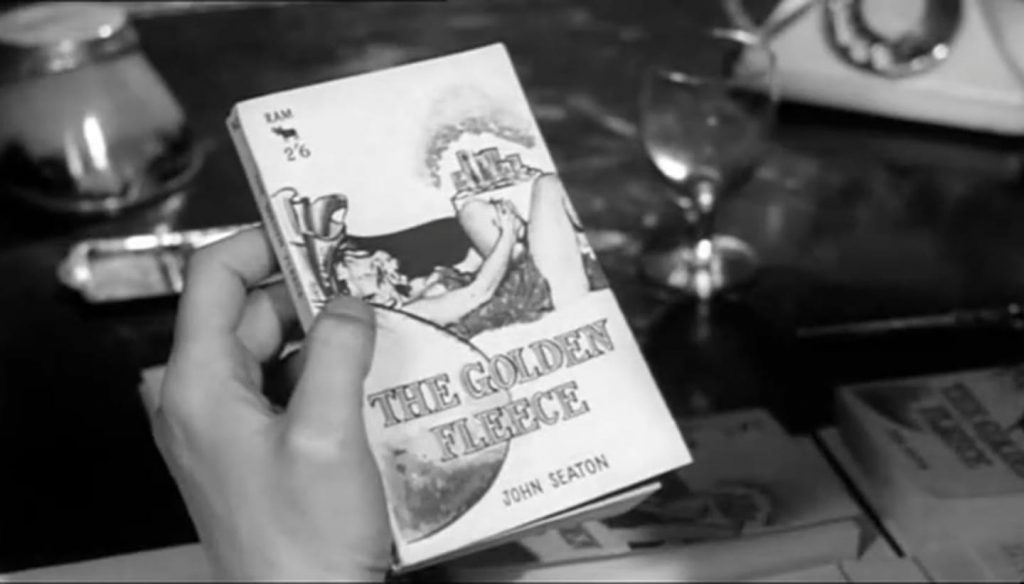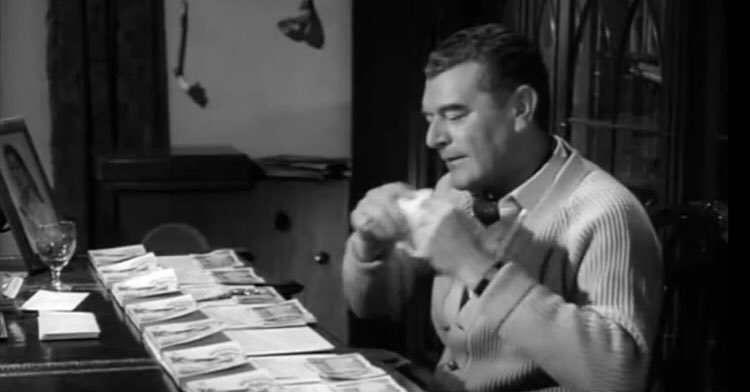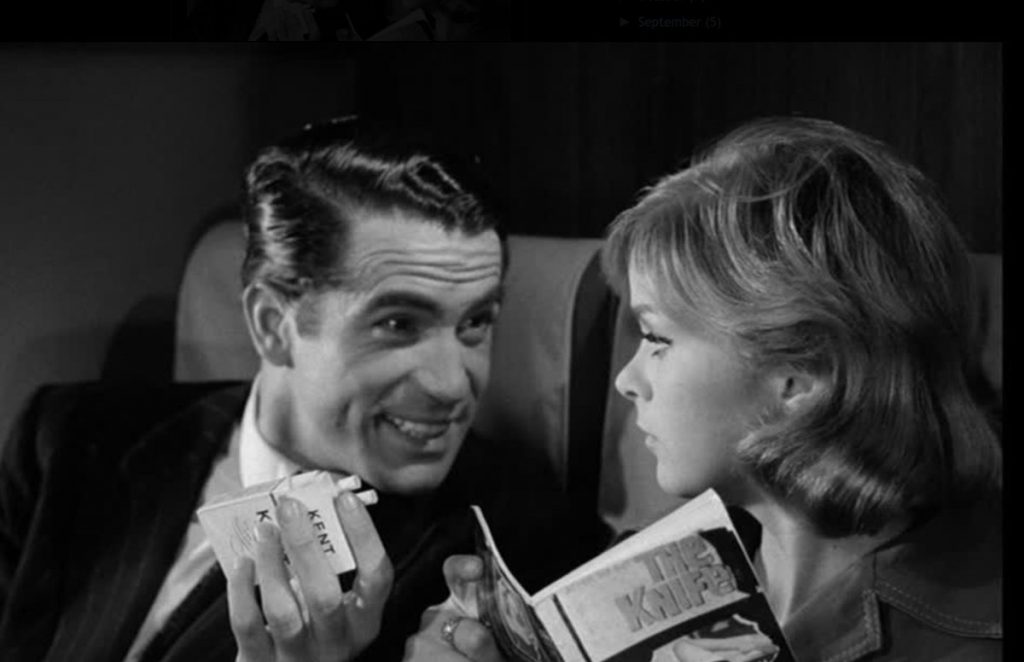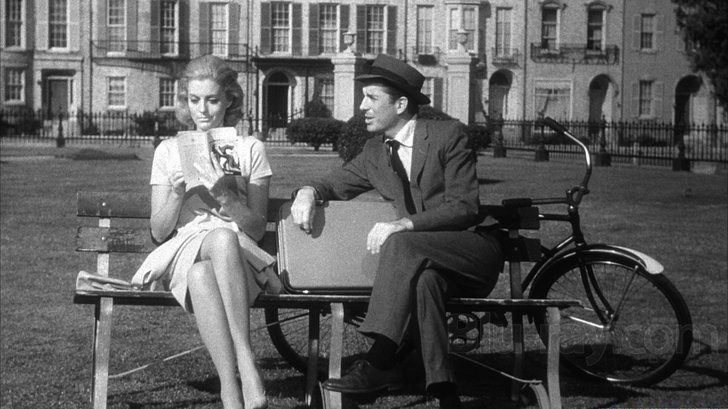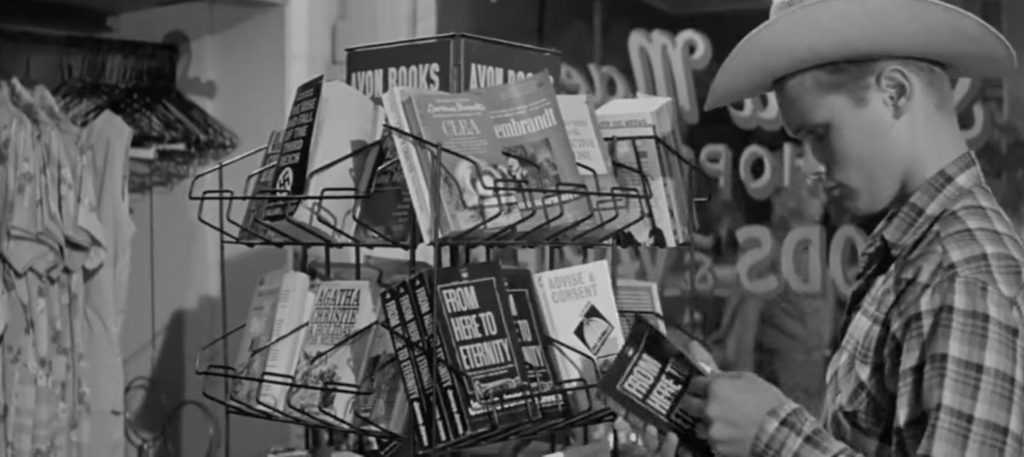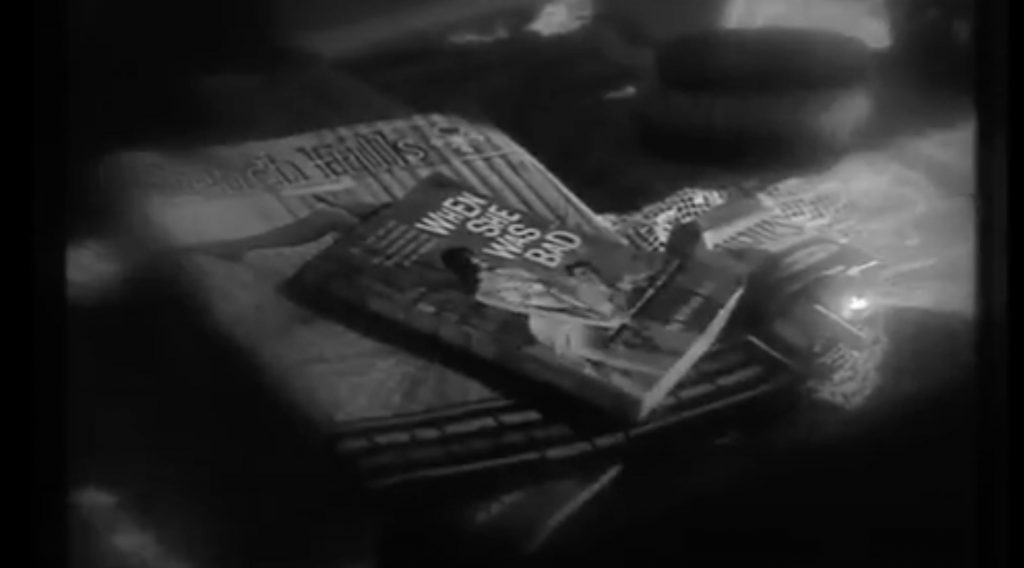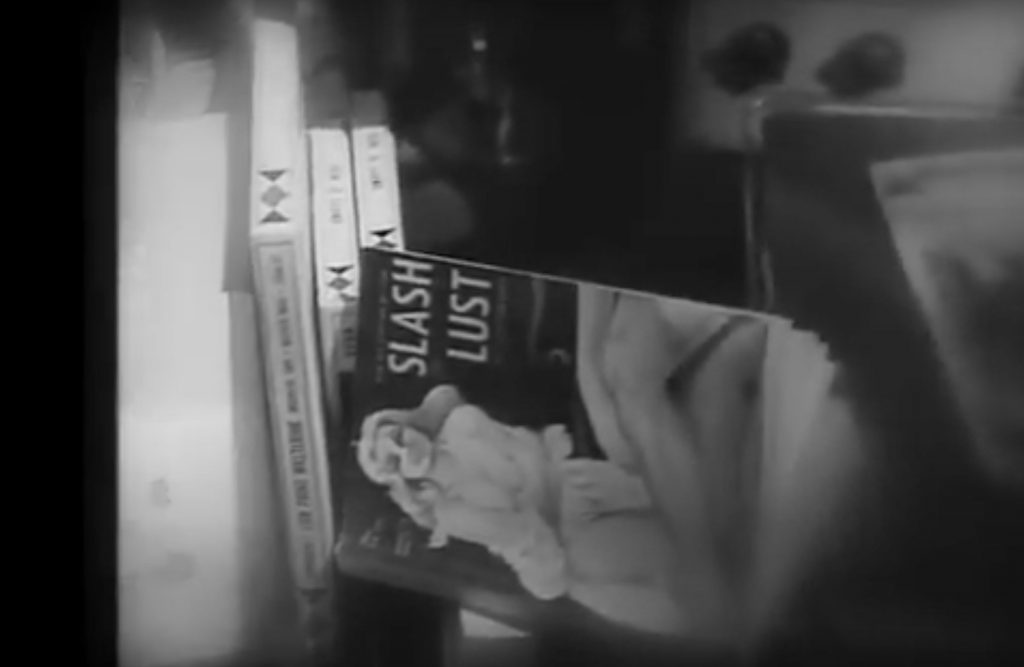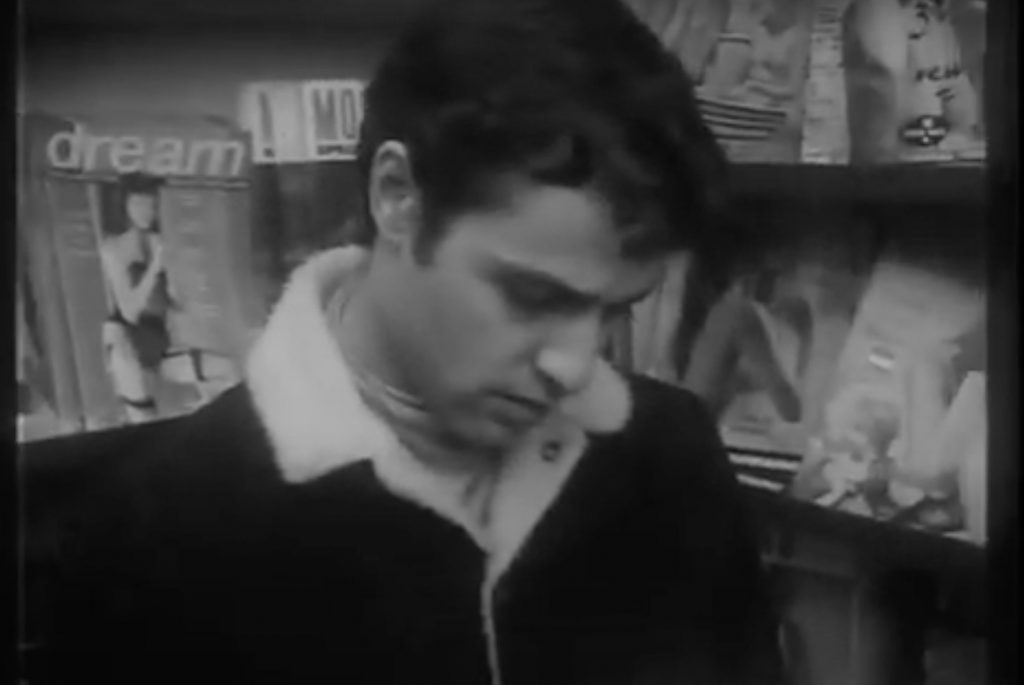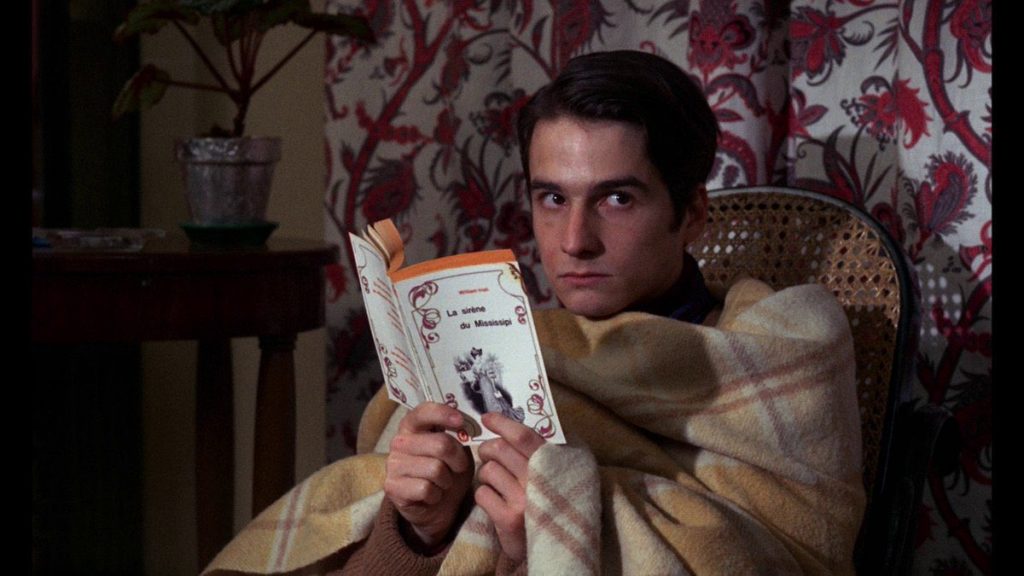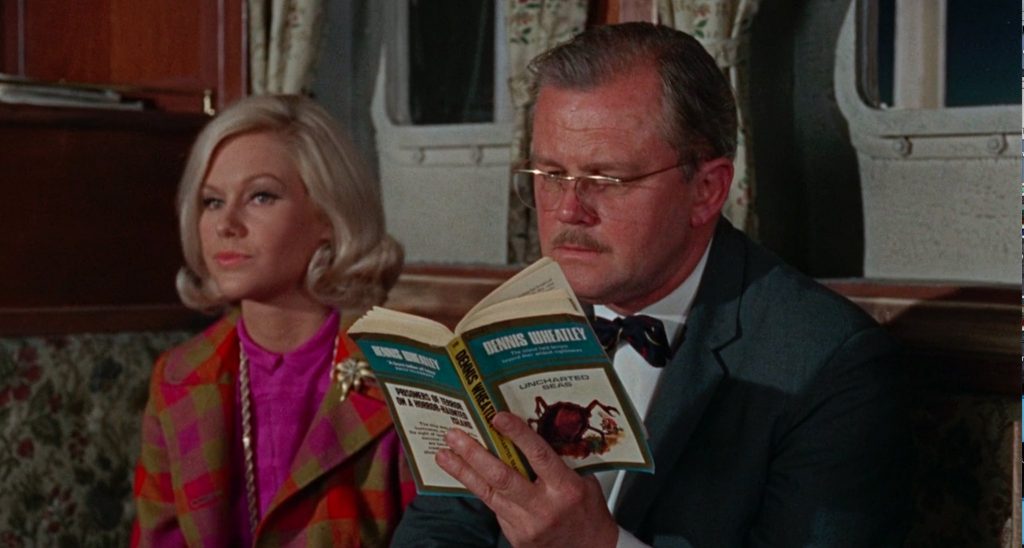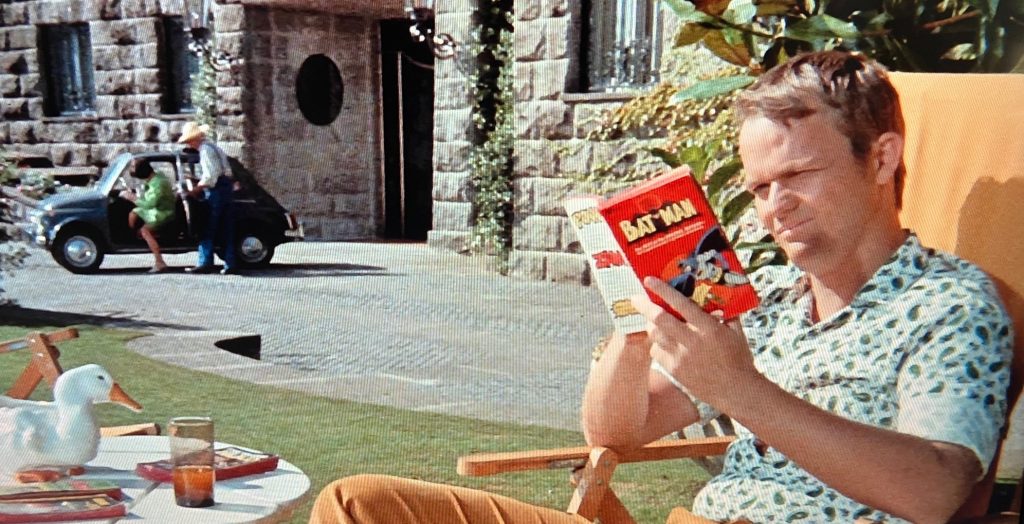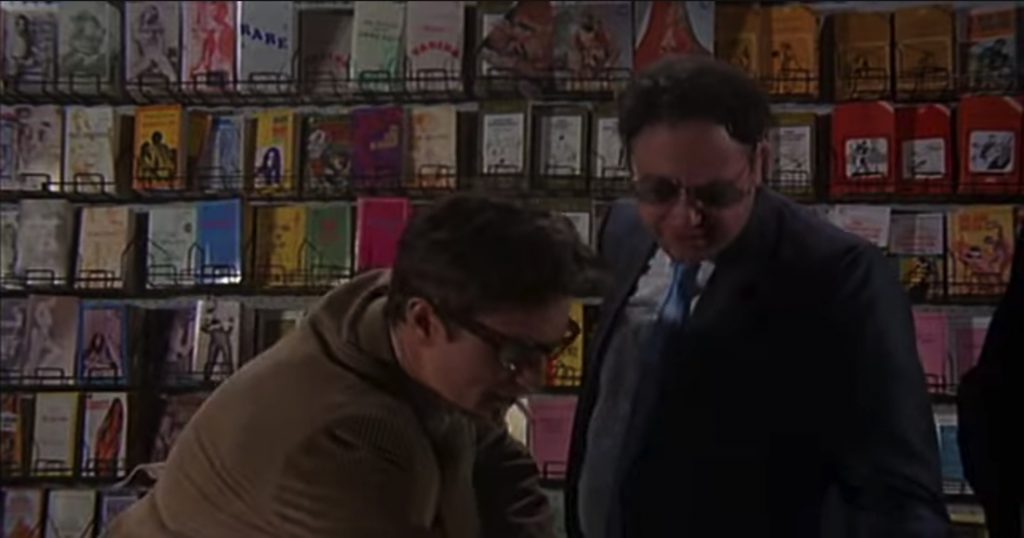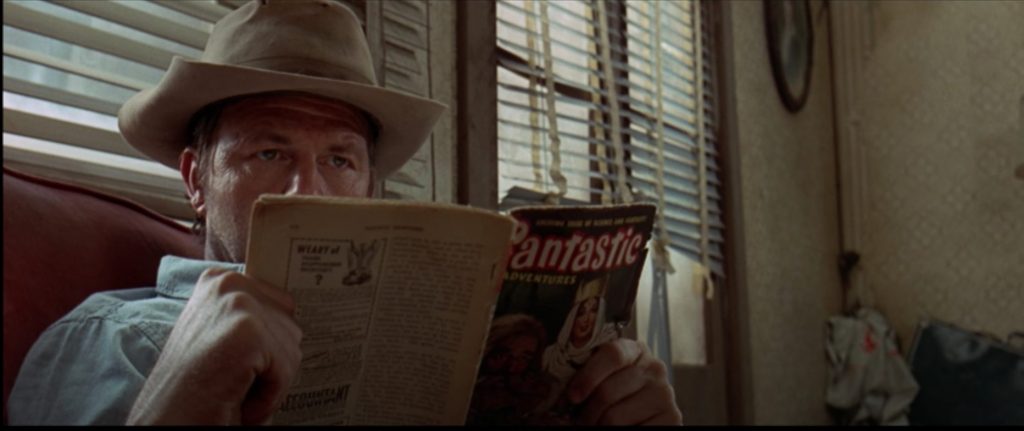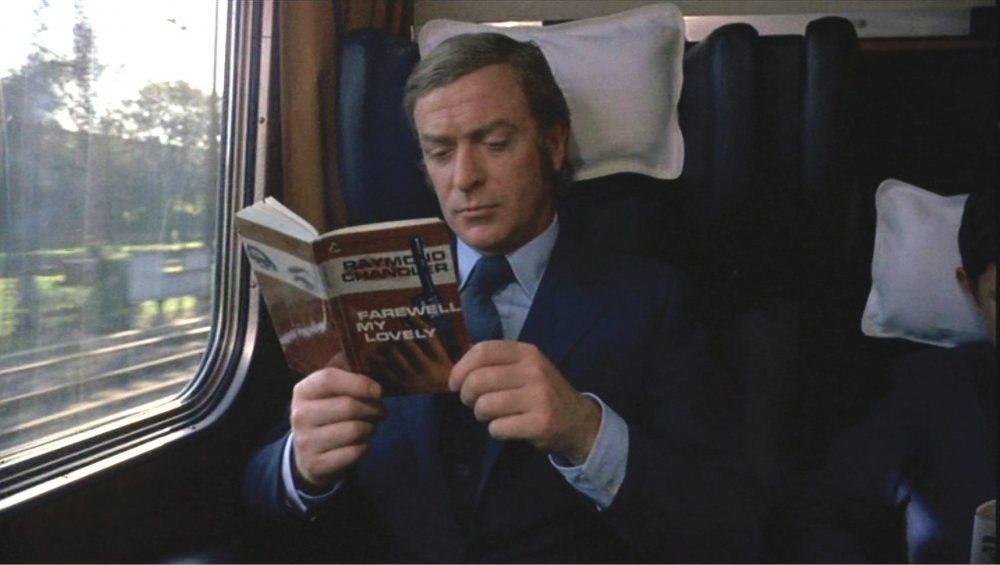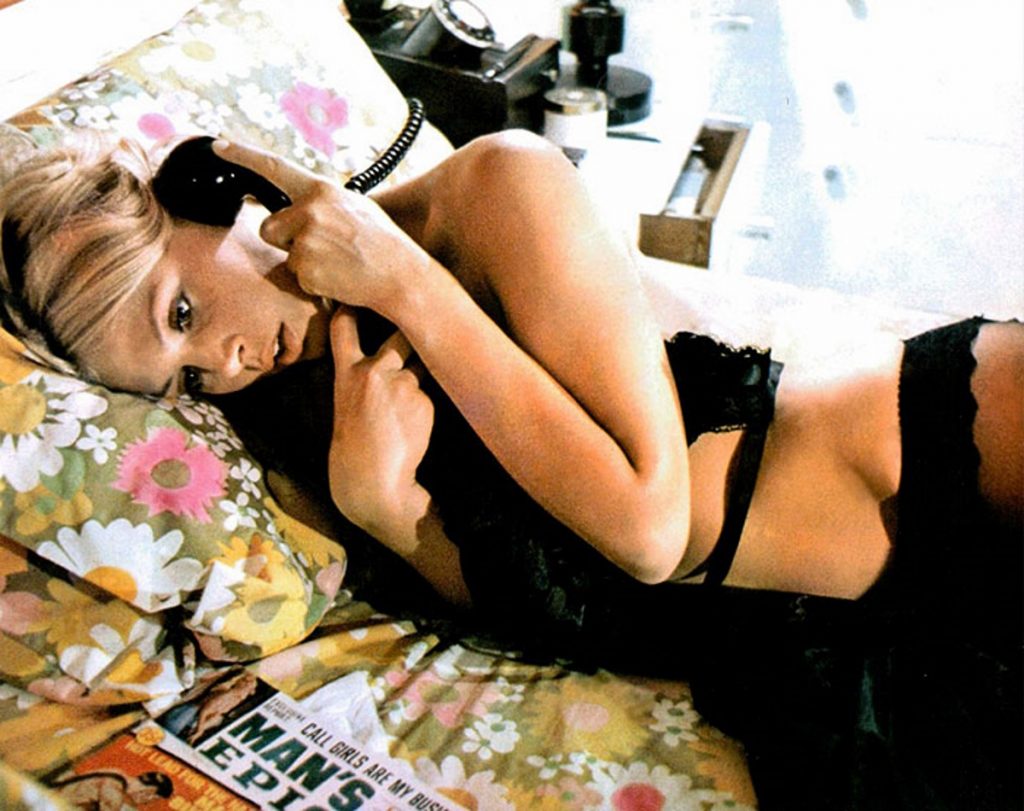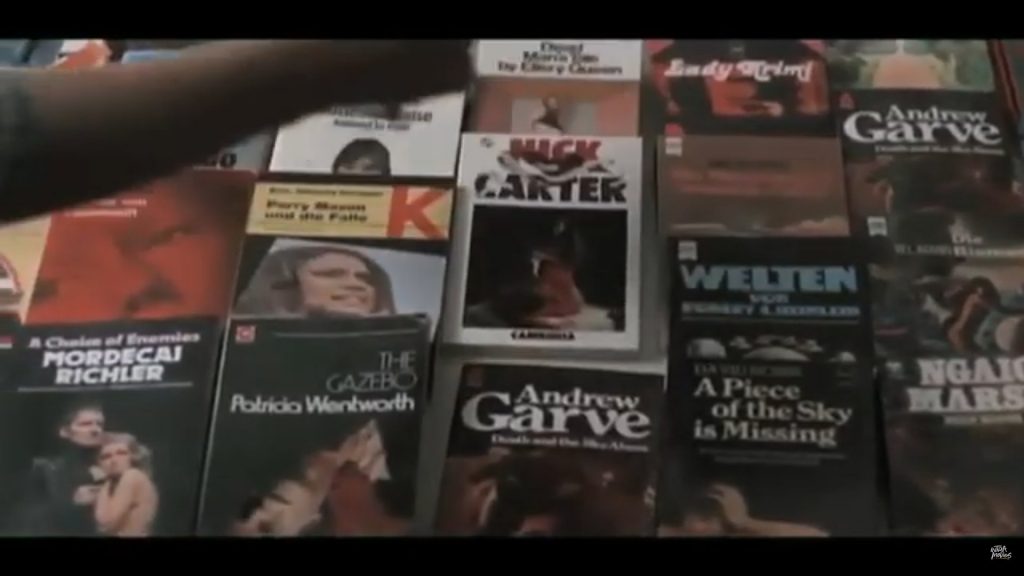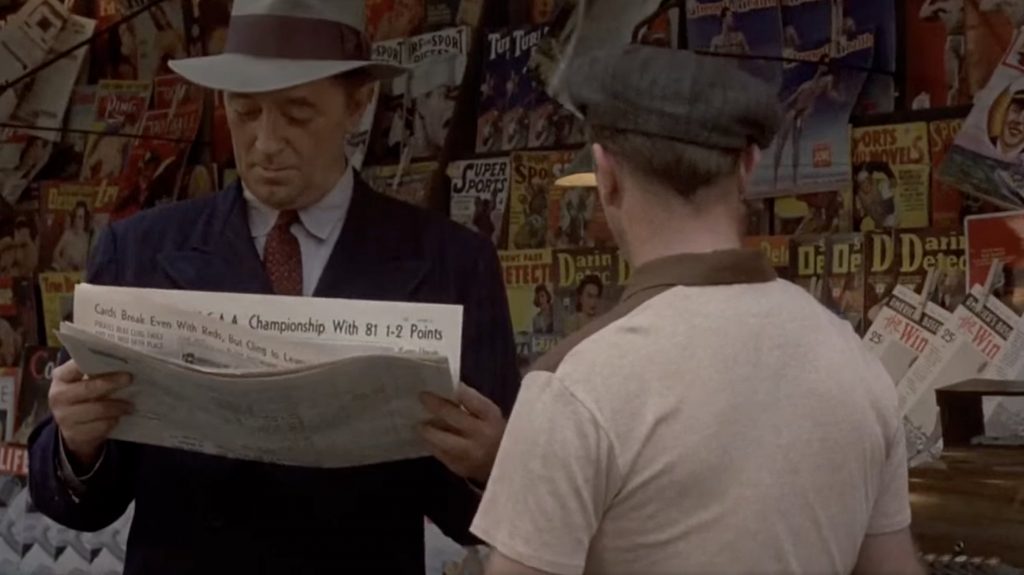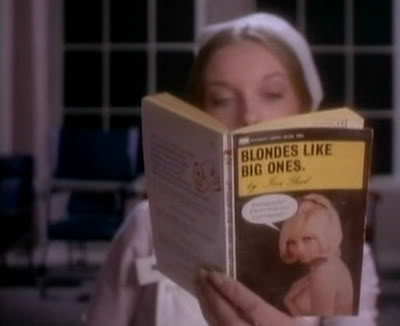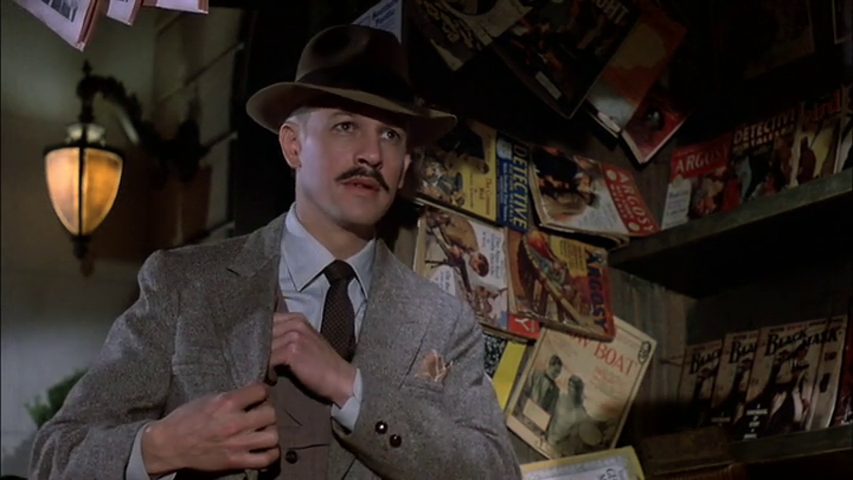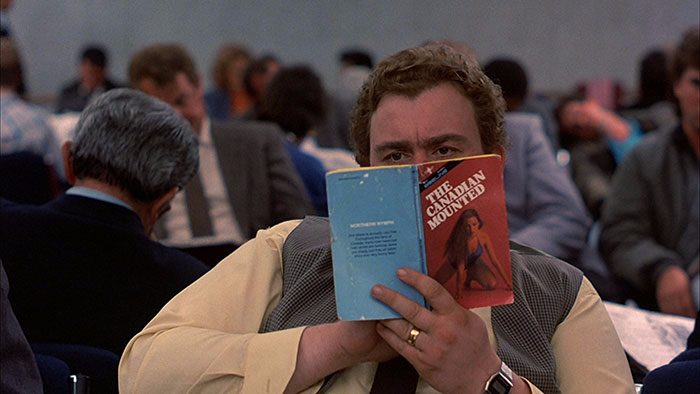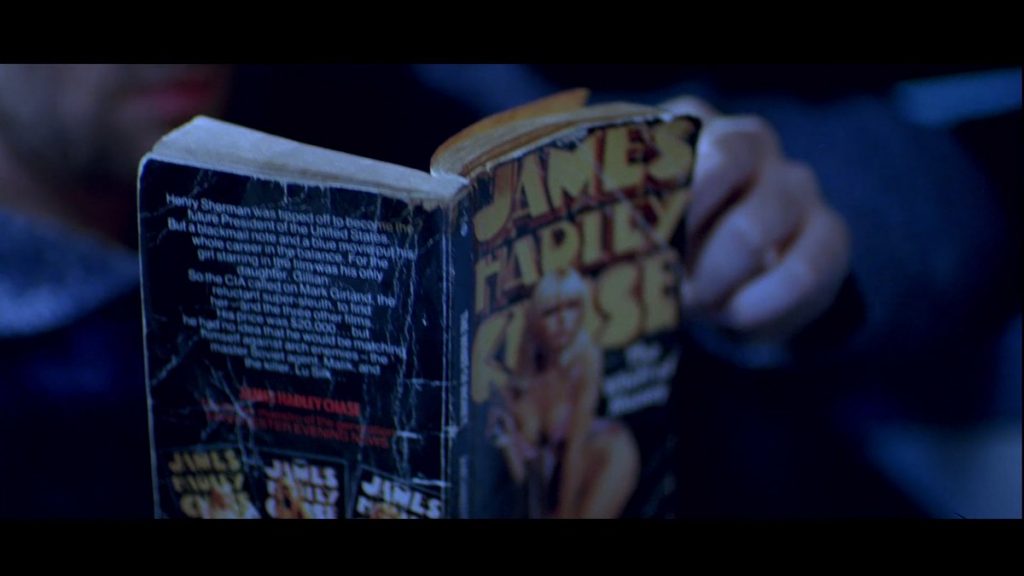Search
-
Recent Posts
- Dishing up Pulp Curry in a new way: why I am starting a Substack newsletter
- Book reviews: Deadly dames, midcentury Brit pulp and 1970s science fiction
- Mackenna’s Gold (1969): Gold, Ghosts and Frontier Violence
- Orphan Road book launch
- Orphan Road now available
- Pre-orders open for my new novel, Orphan Road
- Cover reveal: Orphan Road, my follow up to Gunshine State
- Breakfast in the Ruins podcast: New English Library Bikermania
- Why 1973 was the year Sidney Lumet took on police corruption
- Men’s Adventure Quarterly: Gang Girls issue
Categories
- 1960s American crime films
- 1970s American crime films
- 1980s American crime films
- 1990s American crime films
- Adrian McKinty
- Albert Dekker
- Andre De Toth
- Angela Savage
- Angie Dickinson
- Anthony Zerbe
- Asian noir
- Australian crime fiction
- Australian crime film
- Australian noir
- Australian popular culture
- Australian pulp fiction
- Australian television history
- Ava Gardner
- Beat culture
- Belmont Tower Books
- Ben Wheatley
- Billie Whitelaw
- Black pulp fiction
- Blaxsploitation
- Book cover design
- Book Reviews
- British crime cinema
- British pulp fiction
- Bryan Brown
- Burt Lancaster
- Carter Brown
- Charles Durning
- Charles Willeford
- Chester Himes
- Christopher G Moore
- Christopher Lee
- Cinema culture
- Claude Atkins
- Coronet Books
- Crawford Productions
- Crime Factory
- Crime Factory Publications
- Crime fiction
- Crime fiction and film from Africa
- Crime fiction and film from Cambodia
- Crime fiction and film from China
- Crime fiction and film from India
- Crime fiction and film from Indonesia
- Crime fiction and film from Japan
- Crime fiction and film from Laos
- Crime fiction and film from Latin and Central America
- Crime fiction and film from Malaysia
- Crime fiction and film from New Zealand
- Crime fiction and film from Scandinavia
- Crime fiction and film from Singapore
- Crime fiction and film from South Korea
- Crime fiction and film from Thailand
- Crime fiction and film from the Philippines
- Crime Fiction and film set in Vietnam
- Crime film
- Dangerous Visions and New Worlds Radical Science Fiction 1950 to 1985
- David Goodis
- David Peace
- David Whish-Wilson
- Derek Raymond
- Diana Dors
- Dirk Bogarde
- Don Siegel
- Don Winslow
- Donald Westlake aka Richard Stark
- Dystopian cinema
- Ernest Borgnine
- Eurocrime
- Fawcett Gold Medal Books
- Femme fatale
- Fernando Di Leo
- Filipino genre films
- Film Noir
- Forgotten Melbourne
- French cinema
- French crime fiction
- Garry Disher
- Gene Hackman
- George V Higgins
- Georges Simenon
- Ghost Money
- Giallo cinema
- Gil Brewer
- Girl Gangs, Biker Boys and Real Cool Cats: Pulp Fiction & Youth Culture, 1950-1980
- Gloria Grahame
- Gold Star Publications
- Gregory Peck
- Gunshine State
- Heist films
- Horror
- Horwitz Publications
- Humphrey Bogart
- Ian Fleming
- Interviews
- Ira Levin
- James Caan
- James Crumley
- James Ellroy
- James Hadley Chase
- James Woods
- Jim Brown
- Jim Thompson
- Joel Edgerton
- John Frankenheimer
- Joseph Losey
- Karen Black
- Kerry Greenwood
- Kinji Fukasaku
- Larry Kent
- Laura Elizabeth Woolett
- Lee Marvin
- Leigh Redhead
- Lindy Cameron
- M Emmet Walsh
- Mad Max
- Mafia
- Malla Nunn
- Martin Limon
- Megan Abbott
- Melbourne International Film Festival
- Melbourne Writers Festival
- Men's Adventure Magazines
- Michael Caine
- Michael Fassbender
- Mickey Spillane
- Monarch Books
- Ned Kelly Awards
- Neo Noir
- New English Library
- Newton Thornburg
- Noir Con
- Noir fiction
- Non-crime reviews
- Oren Moverman
- Orphan Road
- Ozsploitation
- Pan Books
- Parker
- Paul Newman
- Peter Boyle
- Peter Corris
- Peter Strickland
- Peter Yates
- Poliziotteschi
- Pulp fiction
- Pulp fiction in the 70s and 80s
- Pulp fiction set in Asia
- Pulp Friday
- Pulp paperback cover art
- Qui Xiaolong
- Raymond Chandler
- Richard Burton
- Richard Conte
- Robert Aldrich
- Robert Mitchum
- Robert Ryan
- Robert Stone
- Rock Hudson
- Roger Smith
- Rollerball
- Rosaleen Norton
- Roy Scheider
- Rural noir
- Sam Levene
- Sam Peckinpah
- Samuel Fuller
- Science fiction and fantasy
- Scripts Publications
- Sidney Lumet
- Sidney Poitier
- Simon Harvester
- Snowtown
- Snubnose Press
- Spies
- Stanley Baker
- Sterling Hayden
- Steve McQueen
- Sticking it the the Man Revolution and Counter Culture in Pulp and Popular Fiction 1950 1980
- Stuart Rosenberg
- Tandem Books
- Tart noir
- Tartan Noir
- Ted Lewis
- Toni Johnson Woods
- True crime
- Vicki Hendricks
- Victor Mature
- Vintage mug shots
- Vintage pulp paperback covers
- Wallace Stroby
- War film
- Westerns
- William Friedkin
- Woody Strode
- Yakuza films
- Yaphet Kotto
Nothing but noir
Recommended reading
The lurid world of pulp
- 20th century Danny Boy
- American Pulps
- Bear Alley
- Bloody, Spicy, Books
- Comics Down Under
- Everything second hand
- Existential Ennui
- Greenleaf Classic Books
- Irv O. Neil's Erotica is My Trade
- Killer Covers
- Lost Classics of Teen Lit 1939-1989
- Luminist Archives
- Men's Pulp Mags
- Mporcius Fiction Log
- Murder, Mayhem and Long Dogs
- Neglected Books
- Nocturnal Revelries
- Paperback Warrior
- Paperbacks of the Gods
- Pop Sensation
- Pulp artists
- Pulp Covers
- Pulp Crazy
- Pulp Flakes
- Pulp International
- Pulp Magazines Project
- Pulp Serenade
- Realms of the Night
- Romance Fiction Has a History
- Rough Edges
- Sin Street Sleaze
- Spy Guys and Gals
- The department of Afro American Research Arts & Culture
- The Dusty Bookcase
- The Haunted World of Richard Sala
- The Moon Lens
- The Nick Carter & Carter Brown Blog
- The Pulp & Paperback Fiction Reader
- Too Much Horror Fiction
- True Pulp Fiction
- Vault of Horror
- Vintage Nurse Romance Novels
- Vintage Romance Novels
- Welcome to the Pan Paperback
- Yellow and Creased
Support This Site
If you like what I do please support me on Ko-fi
Category Archives: Michael Caine
Dishing up Pulp Curry in a new way: why I am starting a Substack newsletter

After much thought I have decided that to experiment with moving the focus of my blogging from this site to a new Pulp Curry Substack newsletter.
Why am I doing this?
The first post on this website appeared on July 2010 (about the incredibly underrated 1979 Australian heist film, Money Movers – you can read the post here). I’ve been writing on the site with varying frequency ever since (579 posts in all), and for the most part have enjoyed it immensely.
But for the last 12 or so months I just haven’t been feeling it – or getting the hits to make it seem worthwhile – and have started to wonder whether it’s worth continuing with the effort. Posting on a website has been starting to feel like the equivalent of trying to read a broadsheet newspaper in a crowded tram carriage, unwieldy and inconvenient.
And, thinking about it, I suspect the blog format is starting to get a bit stale for me and is actually now a brake on my posting more regularly.
I know that I’m no Robinson Crusoe in this regard. The majority of the blogs I used to follow have gradually fallen by the wayside, as people have moved on, grown weary of the effort, found other interests, adopted other means to get their message out, or, in some cases (gulp), died.… Read more
Posted in 1960s American crime films, 1970s American crime films, 1980s American crime films, 1990s American crime films, Adrian McKinty, Albert Dekker, Andre De Toth, Angela Savage, Angie Dickinson, Anthony Zerbe, Asian noir, Australian crime fiction, Australian crime film, Australian noir, Australian popular culture, Australian pulp fiction, Australian television history, Ava Gardner, Beat culture, Belmont Tower Books, Ben Wheatley, Billie Whitelaw, Black pulp fiction, Blaxsploitation, Book cover design, Book Reviews, British crime cinema, British pulp fiction, Bryan Brown, Burt Lancaster, Carter Brown, Charles Durning, Charles Willeford, Chester Himes, Christopher G Moore, Christopher Lee, Cinema culture, Claude Atkins, Coronet Books, Crawford Productions, Crime Factory, Crime Factory Publications, Crime fiction, Crime fiction and film from Africa, Crime fiction and film from Cambodia, Crime fiction and film from China, Crime fiction and film from India, Crime fiction and film from Indonesia, Crime fiction and film from Japan, Crime fiction and film from Laos, Crime fiction and film from Latin and Central America, Crime fiction and film from Malaysia, Crime fiction and film from New Zealand, Crime fiction and film from Scandinavia, Crime fiction and film from Singapore, Crime fiction and film from South Korea, Crime fiction and film from Thailand, Crime fiction and film from the Philippines, Crime Fiction and film set in Vietnam, Crime film, Dangerous Visions and New Worlds Radical Science Fiction 1950 to 1985, David Goodis, David Peace, David Whish-Wilson, Derek Raymond, Diana Dors, Dirk Bogarde, Don Siegel, Don Winslow, Donald Westlake aka Richard Stark, Dystopian cinema, Ernest Borgnine, Eurocrime, Fawcett Gold Medal Books, Femme fatale, Fernando Di Leo, Filipino genre films, Film Noir, Forgotten Melbourne, French cinema, French crime fiction, Garry Disher, Gene Hackman, George V Higgins, Georges Simenon, Ghost Money, Giallo cinema, Gil Brewer, Girl Gangs, Biker Boys and Real Cool Cats: Pulp Fiction & Youth Culture, 1950-1980, Gloria Grahame, Gold Star Publications, Gregory Peck, Gunshine State, Heist films, Horror, Horwitz Publications, Humphrey Bogart, Ian Fleming, Interviews, Ira Levin, James Caan, James Crumley, James Ellroy, James Hadley Chase, James Woods, Jim Brown, Jim Thompson, Joel Edgerton, John Frankenheimer, Joseph Losey, Karen Black, Kerry Greenwood, Kinji Fukasaku, Larry Kent, Lee Marvin, Leigh Redhead, Lindy Cameron, M Emmet Walsh, Mad Max, Mafia, Malla Nunn, Martin Limon, Megan Abbott, Melbourne International Film Festival, Melbourne Writers Festival, Men's Adventure Magazines, Michael Caine, Michael Fassbender, Mickey Spillane, Monarch Books, Ned Kelly Awards, Neo Noir, New English Library, Newton Thornburg, Noir Con, Noir fiction, Non-crime reviews, Oren Moverman, Orphan Road, Ozsploitation, Pan Books, Parker, Paul Newman, Peter Boyle, Peter Strickland, Peter Yates, Poliziotteschi, Pulp fiction, Pulp fiction in the 70s and 80s, Pulp fiction set in Asia, Pulp Friday, Pulp paperback cover art, Qui Xiaolong, Raymond Chandler, Richard Burton, Richard Conte, Robert Aldrich, Robert Mitchum, Robert Ryan, Robert Stone, Rock Hudson, Roger Smith, Rollerball, Rosaleen Norton, Roy Scheider, Rural noir, Sam Levene, Sam Peckinpah, Samuel Fuller, Science fiction and fantasy, Scripts Publications, Sidney Lumet, Sidney Poitier, Simon Harvester, Snowtown, Snubnose Press, Spies, Stanley Baker, Sterling Hayden, Steve McQueen, Sticking it the the Man Revolution and Counter Culture in Pulp and Popular Fiction 1950 1980, Stuart Rosenberg, Tandem Books, Tart noir, Tartan Noir, Ted Lewis, Toni Johnson Woods, True crime, Vicki Hendricks, Victor Mature, Vintage mug shots, Vintage pulp paperback covers, Wallace Stroby, War film, Westerns, William Friedkin, Woody Strode, Yakuza films, Yaphet Kotto
Pulp on the big screen
This month sees the 50th anniversary of the Mike Hodges film, Pulp.
I feel like Pulp, which I reviewed on this site here back in 2016, does not get a lot of love from people, but I am a fan of its bizarre, at times almost campy noir vibe. Most of all, I like the fact that it is an ode to the era of mass produced literature and to a time when pulp, in all its forms, could still be dangerous.
The lead character is a sleazy expat British expat pulp writer called Mickey King, played by Michael Caine, a nod to the prolific writer Earl Stanley Gardner. King’s dialogue drips with sleazy pulp cadence and the film is full of images of pulp in its many forms.
Ever since watching this film, I have been on the look-out for signs of pulp in the movies. As a 50th anniversary tribute to the Hodges film, below are the screenshots of what I have managed to find so far. I am sure there are many others and I would love readers to alert me to ones I have missed or to help me identify the ones below that I have not been able to identify.
… Read morePosted in 1960s American crime films, 1970s American crime films, 1990s American crime films, Beat culture, British crime cinema, British pulp fiction, Crime fiction, Crime film, Film Noir, Horror, Men's Adventure Magazines, Michael Caine, Pulp fiction, Pulp fiction in the 70s and 80s, Pulp Friday, Pulp paperback cover art, Vintage pulp paperback covers, Westerns
Tagged Michael Caine, Mike Hodges, Pulp (1972), Pulp in movies, Pulp on the screen
Fifty years later, Get Carter is still the iconic British gangster film

When you get a moment, my latest for the CrimeReads site is on 50 years of Get Carter, how the Michael Caine revenge flick attained cult status and changed the face of British crime cinema. I don’t think Get Carter is the best British gangster film ever made but it is certainly the most influential. You can read my piece in full at this site via this link.… Read more
Posted in British crime cinema, British pulp fiction, Crime film, Heist films, Michael Caine, Neo Noir, Noir fiction, Richard Burton, Stanley Baker, Ted Lewis
Tagged British gangster cinema, crime films set in northern England, Get Carter (1971), Jack's Return Home, Michael Caine, Mike Hodges, Ted Lewis
My top 10 British gangster films

One of my favourite British gangster films, Mike Hodges’s Get Carter, is 50 years old. It premiered in the UK in the northern British city of Newcastle, where it was filmed, on March 7, and in the US on March 18. I have penned a piece for a prominent crime fiction/related site on the influence of Get Carter on crime cinema, but am not exactly sure when this will come out. For now, I thought the film’s half century anniversary was as good a time as any to hit you with my top 10 British gangster films.
They Made Me a Fugitive (1947)
I wrote about They Made Me a Fugitive in some length on this site here. It was one of a trio of early post-war British gangster films that caused a stir with censors, the others being No Orchids for Miss Blandish and Brighton Rock, both of which appeared in 1948. Fugitive stars Trevor Howard as Clem Morgan, a demobbed Royal Air Force pilot who reluctantly joins a criminal gang headed by a flash gangster with a very nasty streak, Narcy, but baulks when his discovers his new employer is into drug trafficking. What I love about this film, and the aspect that attracted the most critical condemnation when it first appeared, is its depiction of the poverty and desperation of post-war British life.… Read more
Posted in Billie Whitelaw, British crime cinema, British pulp fiction, Crime film, Heist films, James Hadley Chase, Joseph Losey, Michael Caine, Peter Yates, Richard Burton, Stanley Baker, True crime
Tagged Alfred Dimer, Billie Whitelaw, Billy Whitelaw, Bob Hoskins, British crime film, Get Carter (1971), Helen Mirren, James Hadley Chase, Joanna Pettet, John Guillermin, John McVicar, Jonathan Glazer, McVicar (1980), Mike Hodges, Never let Go (1960), No Orchids for Miss Blandish (1948), Peter Sellers, Peter Yates, Richard Burton, Robbery (1967), Roger Daltry, Sexy Beast (2000), Stanley Baker, Stephen Berkoff, The Criminal (1960), The Great Training Robbery, The Krays (1990), The Long Goodbye (1973), They Made Me A Fugitive (1947), Trevor Howard, Villain (1971)
Playing dirty: war as a criminal enterprise
 Towards the end of last year I posted on my love for the 1968 espionage/war thriller, Where Eagles Dare. My first post for 2019 continues what is becoming an unofficial series of sorts on this site, ‘in praise of films I watched with my parents on the television on Sunday night when I was young’. This time, I want to briefly pay tribute to the incredibly hard-boiled late sixties revisionist war film by Hungarian emigre, Andre De Toth, Play Dirty.
Towards the end of last year I posted on my love for the 1968 espionage/war thriller, Where Eagles Dare. My first post for 2019 continues what is becoming an unofficial series of sorts on this site, ‘in praise of films I watched with my parents on the television on Sunday night when I was young’. This time, I want to briefly pay tribute to the incredibly hard-boiled late sixties revisionist war film by Hungarian emigre, Andre De Toth, Play Dirty.
I am not sure exactly what was going on with war films in the late 1960s – I assume it was the influence of the radical tenor of the times – but there was a whole crop of them that really took the gloves off in terms in their cynical, gritty depiction of the utter corruption and folly of war. Think Jack Cardiff’s The Dark of the Sun (1968), and Phil Karlson’s Hornet’s Nest (1970), as well as the aforementioned Where Eagles Dare, just to name a few I have featured on this this site previously.
Set on the North African front during World War II, I reckon Play Dirty is up there with the most hard-boiled and cynical of them. Plus January 1 was the 50th anniversary of its release, a milestone that went totally unmentioned anywhere, so the time is right to give it a bit of love.… Read more
Posted in Andre De Toth, Michael Caine, Robert Aldrich, War film
Tagged Andre de Toth, Crime Wave (1953), Day of the Outlaw (1959), Hardboiled war films, Harry Andrews, House of Wax (1953), Jack Cardiff, Micheal Caine, Nigel Davenport, Nigel Green, Play Dirty (1969), Robert Aldrich, The Dirty Dozen (1967), Where Eagles Dare (1968)

